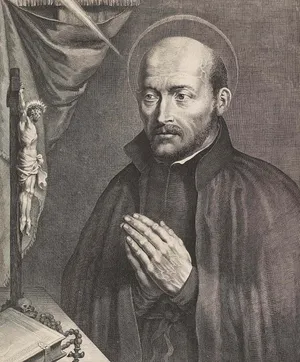The history of the illuminati.
The illuminati was founded on 1, 1776 in Bavaria now part of Germany by Adam Weishaupt a philosopher and a professor of canon law.
The purpose of the illuminati group was to promote enlightenment ideals such as reason ,seloborate ecula, rism and freedom from religion and political oppression. The vision was to create a society where ; Rational thoughts guided decision making, religion influence on public life was minimized and monarchies and religious authorities would no longer dominate societies.
The illuminati wanted to influence education and government to align with enlightenment principles, challenging the entrenched powers of the time( the catholic church and monarchies)
Beginning with a narrow circle of disciples carefully selected from among his own students, Weishaupt gradually extended his recruitment efforts from Ingolstadt to Eichstätt, Freising, Munich, and elsewhere, with special attention being given to the enlistment of young men of wealth, rank and social importance.
From 1778 onward weishaupt’s illuminati begaan to make contact with various masonic lodges where under the impulse of Adolf Franz Friedrich, Freiherr von Knigge, one of their chief converts, they often managed to gain a commanding position.
It was to Knigge that the society was indebted for the extremely elaborate constitution as well as its internal communication system.
Each member of the order had given him a special name , generally classical by which he alone was adressed in official writing( weishaupt was referred to as Spartacus while Knigge was Philo).
All internal correspondences were conducted in cipher and to increase the mystification , towns and provinces were invested with new and altogether arbitrary designation.

At its period of greatest development, Weishaupt’s “Bavarian Illuminati” included in its operations a very wide area, extending from Italy to Denmark and from Warsaw to Paris; at no time, however, do its numbers appear to have exceeded 2,000.The order and its doctrines appealed to literary giants such as Johann Wolfgang von Goethe and Johann Gottfried von Herder as well as the dukes Ernest II of Gotha and Charles Augustus of Saxe-Weimar-Eisenach.
The founding members adopted the Owl of Athena as the groups symbol, with each member taking an alias. Weishaupt took the name of Spartacus, whilst his students Massenhausen, Bauhof, Merz and Sutor took the name of Ajax, Agathon, Tiberius and Erasmus Roterodamus.
Weishaupt was not against religion itself but rather the way in which it was practiced and imposed . He offered freedom from religious prejudices cultivated the social virtues and animates them by a great , a feasible and speedy prospect of universal happiness. To achieve this, it is necessary to create a state of liberty and moral equality free from the obstacles which subordination, rank and riches, continually throw in our way.
On the night of May 1, 1776, the first Illuminati met to found the order in a forest near Ingolstadt. Bathed in torchlight, there were five men. There they established the rules that were to govern the order. All future candidates for admission required the members’ consent, a strong reputation with well-established familial and social connections, and wealth.
In the beginning, the order’s membership had three levels: novices, minervals, and illuminated minervals. “Minerval” referred to the Roman goddess of wisdom, Minerva, reflecting the order’s aim to spread true knowledge, or illumination, about how society, and the state, might be reshaped.
Over the following years, Weishaupt’s secret order grew considerably in size and diversity, possibly numbering 600 members by 1782. They included important people in Bavarian public life, such as Baron Adolph von Knigge. Although, at first, the Illuminati were limited to Weishaupt’s students, the membership expanded to included noblemen, politicians, doctors, lawyers, and jurists, as well as intellectuals and some leading writers, including Johann Wolfgang von Goethe. Contact Us